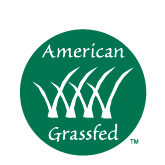Texas Grass Fed Meats
Regenerative agriculture replenishes the soil while storing more carbon. Too much carbon released into the atmosphere is a major contributor to climate change, which will destroy the Earth sooner rather than later if action is not taken. By eating grass fed, grass finished beef, consumers can enjoy a healthy food high in flavor and essential omega-3 fatty acids while helping to save the planet.
Customers always receive meat delivered from the closest Thousand Hills Regenerative Rancher. We work with local Grass Fed Beef ranchers nationwide, so the sourcing is as close to your community as possible.
Currently, our Regenerative Renegade ranchers and farmers have 600,000 acres nationwide on which they are raising Lifetime Grazed grass fed beef. Our goal is to soon have 1 million acres converted from harmful conventional agricultural practices to holistic regenerative grazing.
Texas Grass Fed Beef
Texas leads the country in beef cattle production. Right now, the bulk of that production centers on grazing methods that damage the environment and leave soils in substandard condition. Changes are on the way.

Approximately 140 Lone Star State farms and ranches practice regenerative agriculture, although not all of those businesses raise grass fed, grass finished beef.
Groups such as No Till Texas are working to increase those numbers. They share information about putting the land first when it comes to agricultural practices, the basis of regenerative farming. Overall, Texas farm and ranch land is not managed in a way that sustains soil function and biodiversity.
The impact of climate change is especially affecting Texas. The state is growing hotter, more extreme weather events are taking place, and water resources are dwindling. Along the coastline, sea levels are rising.
The growing number of regenerative farmers and ranchers are leading the way toward a sustainable future in Texas agriculture while helping to combat the effects of climate change.
Raising regenerative beef involves following certain holistic practices and not following other, conventional methods of beef production. The “do’s” include:
- Frequent cattle rotation to avoid overgrazing
- Long pasture recovery periods
- Use of cover crops
- No tillage
The don’ts of raising grass fed, grass finished beef include:
- NO pesticide and herbicide use
- NO feeding of antibiotics or growth hormones
- NO feeding corn for finishing
At Thousand Hills Lifetime Grazed, we make sure each Texas rancher with whom we partner lives up to 100% grass fed, grass finished standards so that consumers know they are ordering healthy, humanely raised meat.
Shop Online for Local Grass Fed Beef Products
The demand for sustainably raised meat is strong and increasing. We know our customers care about the way their food is raised and want to support agricultural practices that can change the way food is produced in the United States.
When you order 100 % Grass Fed Steaks from Thousand Hills Lifetime Grazed, you know the animals ate nothing but grass during their lifetimes, as Nature intended. They spent no time in feedlots or other stressful, unnatural situations. The result is a positive impact on the earth and top-quality, delicious meat with low amounts of fat and cholesterol.
Free shipping on orders over $199!


